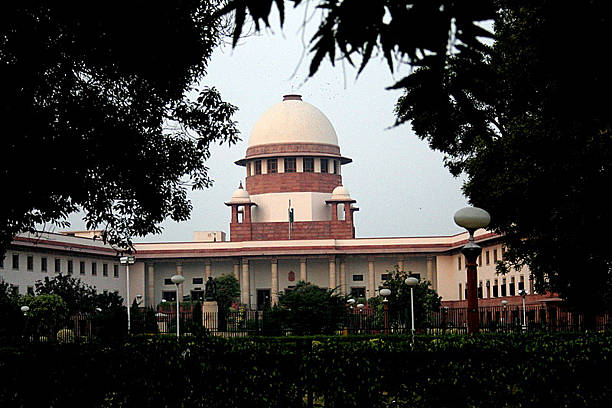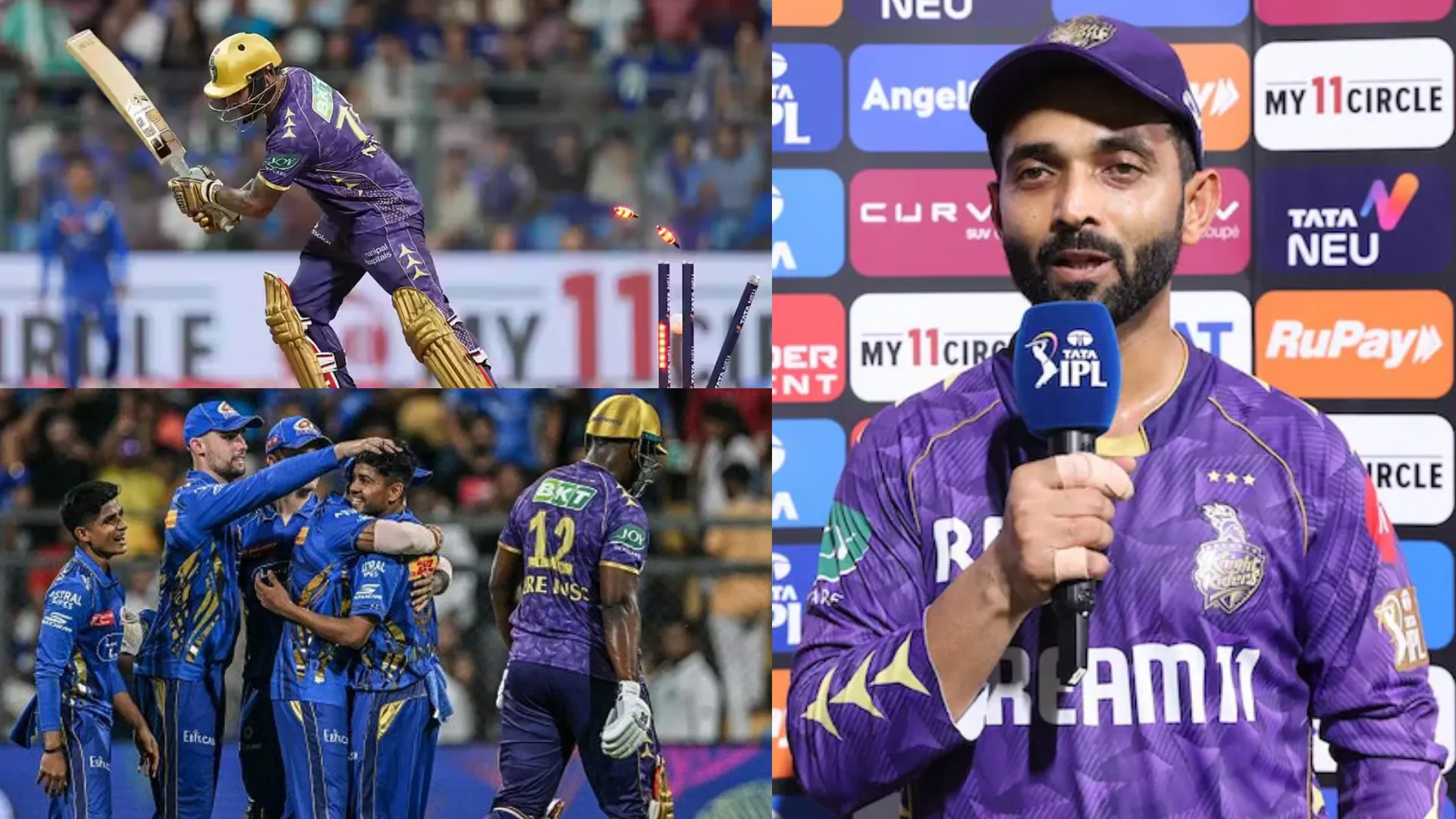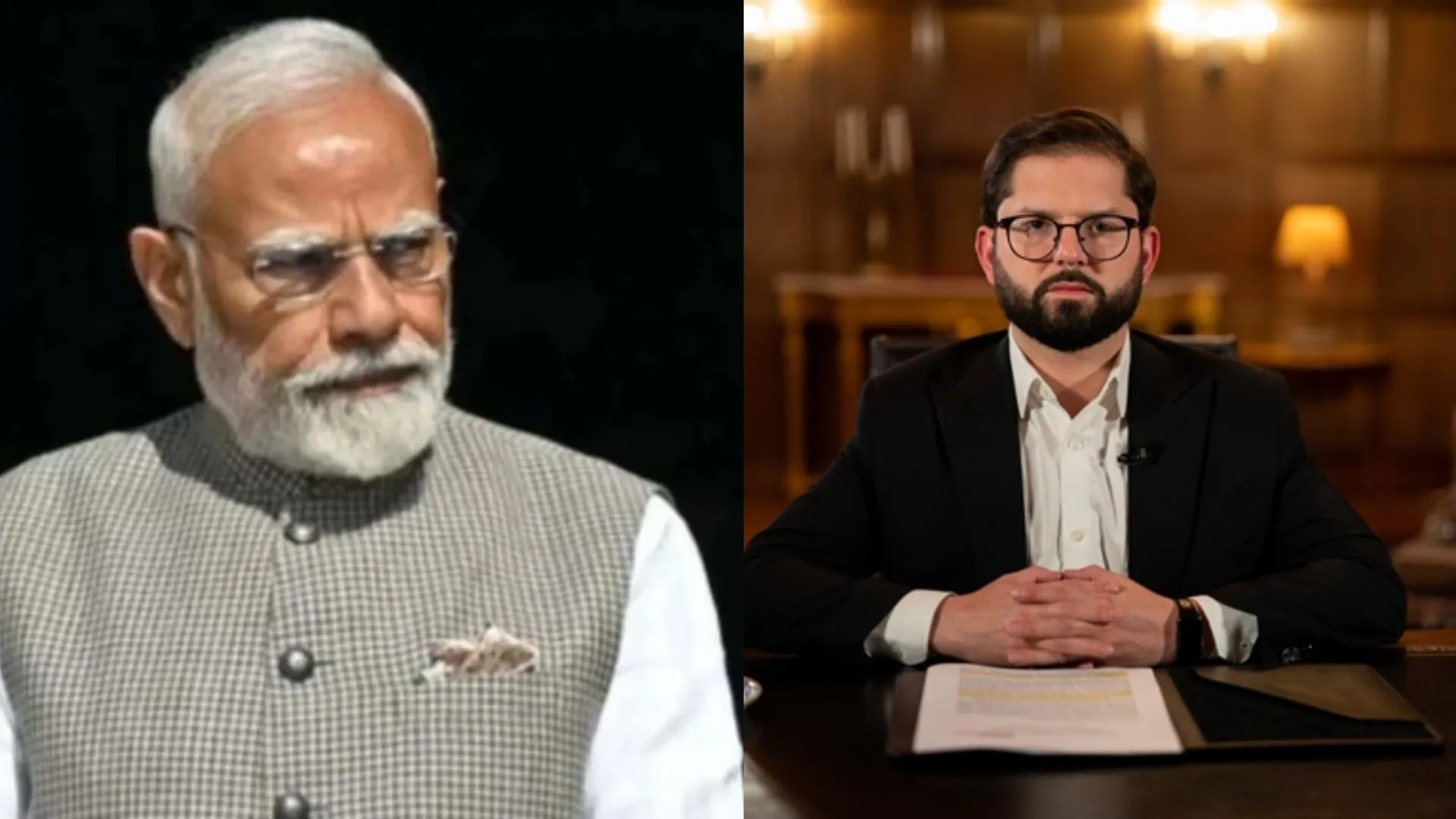The Supreme Court in the case Balu Krishna Chavan vs Reliance General Insurance Company Limited observed and has stated that ordinarily there shall be no direction to “pay and recover” if the Insurance Company is not liable.
The bench comprising of Justice AS Bopanna and Justice PS Narasimha observed while considering an appeal filed by a claimant against the Bombay High Court, wherein it was held that the Insurance Company was not liable for reimbursing the compensation.
In the present case, the issue which is raised in this appeal was whether the Insurance Company should be directed to “pay and recover” in the facts arising in the said case. The bench observed that it is a well settled law that if the liability of the Insurance Company is decided and they are held not to be liable, ordinarily, there would be no direction to “pay and recover”. Therefore, in each case, the facts and circumstances, the appropriate orders are required to be made by this Court to meet the ends of justice… it is being clear that in all such cases the order of “pay and recover” would have not arisen when the Insurance Company is not liable but would, in relation to the facts and circumstances, this court can consider to meet the ends of justice.
Further, the court noted that if the claimant is not able to realise the amount of compensation awarded in his favour at this stage from the owner of the vehicle, the claimant would be prejudiced.
The bench observed that the Insurance Company, if ordered to pay to the appellant and recover it from the owner of the vehicle, it would not be prejudiced to that extent. However, keeping in view all the facts and circumstances of the case and not making the case as a precedent, but only to serve the ends of justice, the bench directed the that respondent no.1 (Insurance Company) to deposit the compensation amount before the MACT within eight weeks from the date of the receipt of a copy of this judgment, whereupon, the amount of compensation to the appellant will be disburse by the MACT.
Accordingly, the bench dismissed the appeal

















